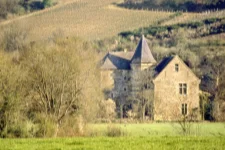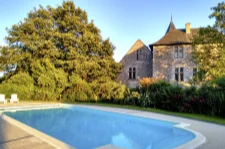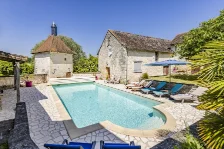In the Loire Valley, where vineyards stretch like verdant ribbons along the river, the sweetness of a wine depends less on poetry and more on chemistry. The defining element is the residual sugar—the natural grape sugar that remains if the fermentation doesn’t convert it all to alcohol.
For example, wines like Quarts-de-Chaume or Vouvray moelleux halt fermentation early or use late-harvest grapes, allowing sugars to linger and lend their lush sweetness. Meanwhile, a dry wine—vin sec—undergoes full fermentation, leaving barely a gram of sugar behind.
Centuries ago, local monks began noting how climate and harvest timing impacted the wine’s balance. Today, producers still dance this delicate line between nature and choice. The result? A Loire wine’s sweetness is less about taste and more about the whispered end of fermentation.







